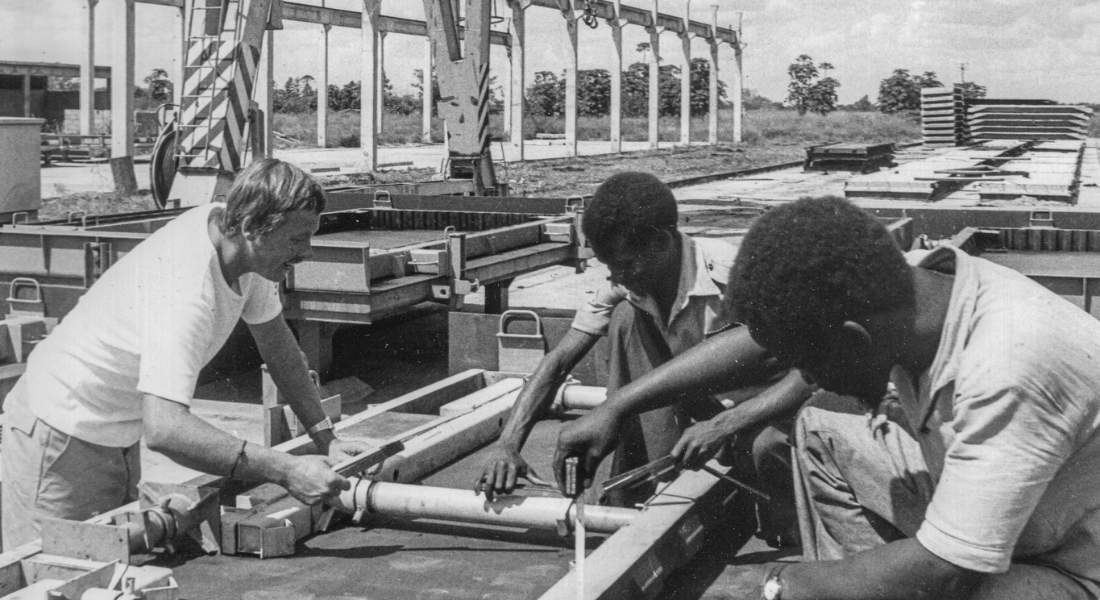Universitetsavisen
Nørregade 10
1165 København K
Tlf: 21 17 95 65 (man-fre kl. 9-15)
E-mail: uni-avis@adm.ku.dk
Seminar
Seminar — Macrotermitinae Modernism. East German Housing Developments and Ecological Experimentation in Maputo, 1979-1992
Date & Time:
Place:
Room 8B-1-14 South Campus (Karen Blixens Plads 16, 2300)
Hosted by:
Centre of African Studies
Cost:
Free
Africa Seminar: Macrotermitinae Modernism. East German Housing Developments and Ecological Experimentation in Maputo, 1979-1992
After Mozambique’s liberation, the new government dedicated itself programmatically to the decolonisation of the country’s cities and to a housing policy that would take account of the massive rates of urbanisation. To this end, Mozambique co-operated with construction companies, architects, and consultants from Denmark, Italy, the USA, Cuba, Bulgaria, and East Germany. The GDR was commissioned to develop a large-scale industrialised housing scheme in the African “brother country”. For the GDR’s Bauakademie, this was an opportunity to get involved in the lucrative international market for high-tech planning expertise. However, against the backdrop of a war, a shortage of building materials, and a lack of skilled labour, Mozambican and East German experts had to rethink their endeavours on the ground and developed surprising approaches to ecological planning that benefited from mutual transfers of knowledge.
Dr. Nikolai Brandes is an art historian at the Käte Hamburger Research Centre global dis:connect at the Ludwig-Maximilians-Universität München. After studying political science in Berlin and Coimbra, he completed his doctorate in 2019 with a thesis on cooperative housing developments in late colonial Mozambique. He has worked at the TU Braunschweig and the National Museum of Denmark and has received fellowships from the Institute for Architecture at the Universiteit Gent, the German Historical Institute in Rome and the TU Dresden. His research centres on the history of architecture in Africa, global networks of architects in the former GDR and the decolonisation of architectural training in post-colonial Africa.
